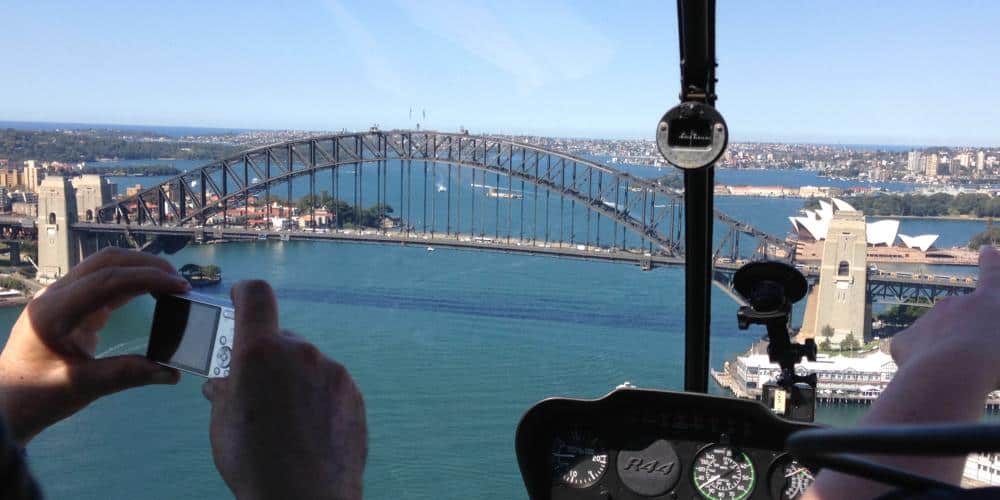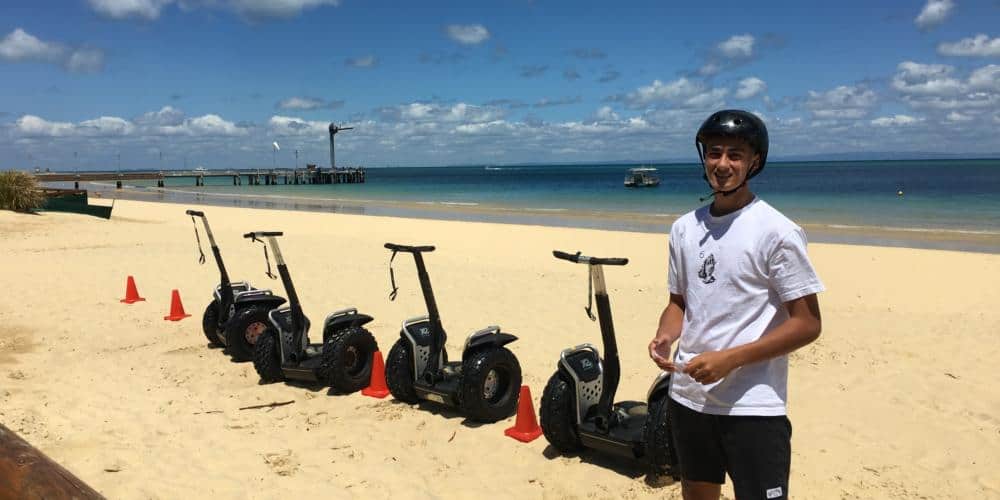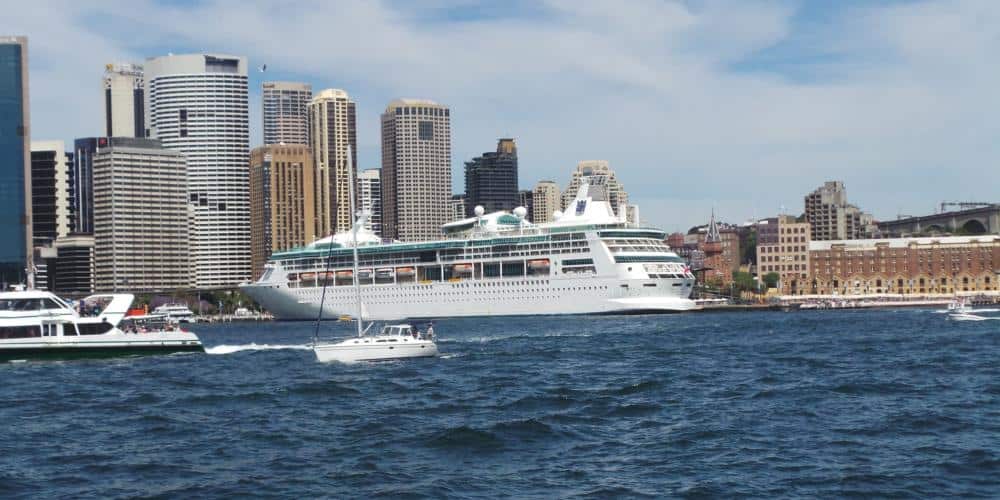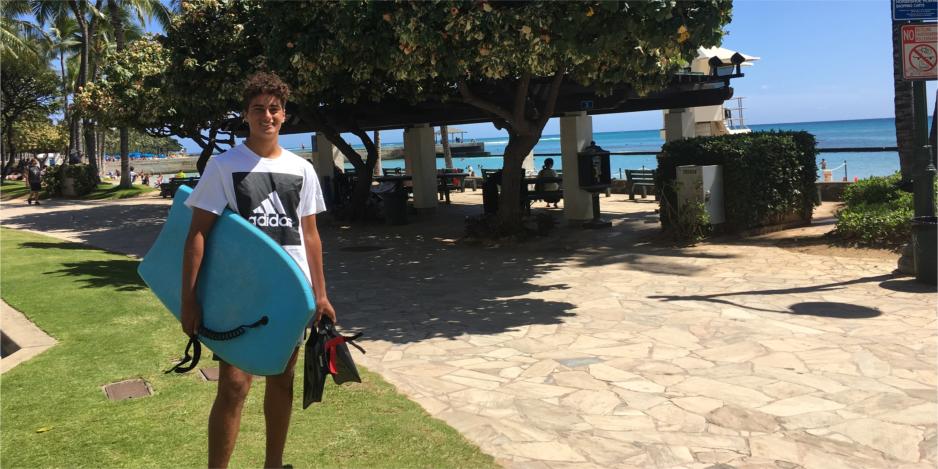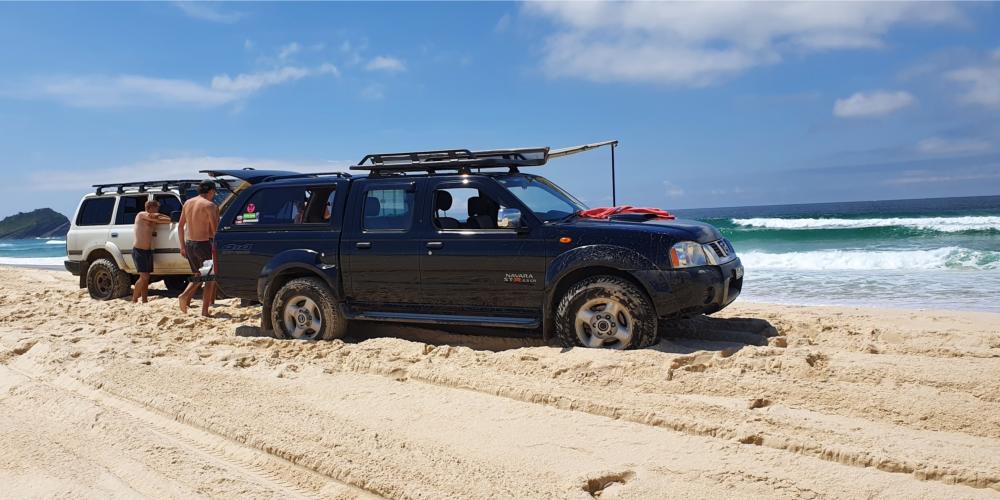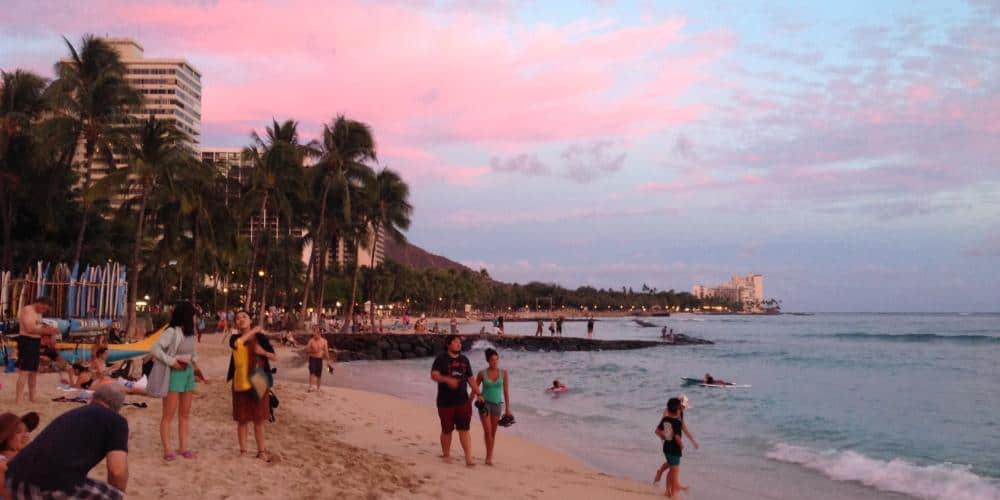Travelling with only one card? Expert reveals why you should travel overseas with more than one
The mindset of “travelling light” might sound like a good idea, but when it comes to paying for things, relying on a single credit or debit card abroad can be a problem best avoided. That’s because the risks are real. From card freezes and loss to theft, travelling with just one payment method can get problematic.
“Many travellers don’t realise how vulnerable they are until their card is lost, stolen, or blocked,” says Gareth Boyd, Head of Growth at CreditCardCompare.com.au, a leading credit card comparison site. “Banks and payment providers have strict fraud prevention measures, which can sometimes leave genuine transactions flagged as suspicious, leading to temporary card freezes. That’s not very useful when you need to check into your hotel.”
This is especially problematic if you’re in a destination with limited banking facilities or if your card is the only means of payment you have.
“Imagine trying to check into a hotel or pay for a meal only to find your card declined. It’s an unnecessary stress that can be avoided,” Boyd adds.
The Real Risks of Single-Card Travel
Data from the Australian Payments Network shows that Australians lost over $868 million to scams in 2024. But it’s not just fraud that can make a card unusable. Here are some common scenarios that can leave single-card travellers stranded.
- Card fraud detection systems automatically blocking transactions in new locations, requiring time-consuming calls to your bank
- Physical card damage from heat, magnetic interference, or chip malfunction
- Loss or theft of your wallet, leaving you without access to funds
- Technical issues with payment terminals that don’t accept your specific card type
- Unexpected card expiration while overseas
Why You Should Carry Multiple Cards
Carrying more than one card, particularly a mix of debit, credit, and prepaid travel cards, provides a level of flexibility and peace of mind. According to Boyd, these are the key benefits.
- Backup in case of loss or theft – If one card is misplaced, stolen, or cloned, having a second or third option means you won’t be left stranded.
- Avoiding foreign transaction fees – Different cards have different fee structures. Some travel credit cards offer fee-free foreign transactions, which can save money compared to using a regular debit card.
- Wider acceptance – Not all cards are accepted everywhere. “Some destinations prefer Visa, others Mastercard, and in some places, American Express is the best option, especially if you want those points. Having multiple cards ensures you’re covered no matter where you go,” says Boyd.
- Better exchange rates – Some credit and prepaid travel cards offer better exchange rates compared to cash withdrawals or using standard debit cards abroad.
How to Choose the Right Mix of Cards
If you want the most peace of mind when travelling abroad, go prepared with a combination of options.
- A credit card with no foreign transaction fees for major purchases and emergencies.
- A debit card with low ATM withdrawal fees to access local currency when needed.
- A prepaid travel card for budgeting and added security.
Making the Most of Travel Benefits
Many travellers don’t fully utilise the built-in benefits that come with their travel cards. These offerings can save you thousands of dollars and provide meaningful enhancements to your journey.
Insurance Benefits Worth Thousands
Trip Cancellation and Interruption Protection
Premium travel cards often include coverage if your trip is cancelled due to illness, severe weather, or other covered reasons. This benefit can reimburse you for non-refundable expenses up to specific limits, which for some cards can exceed $10,000 per trip.
For example, if you need to cut your holiday short due to a family emergency, this coverage can refund unused accommodation costs and help pay for last-minute flight changes. To qualify, you typically must have paid for the trip with your eligible card.
Lost or Delayed Luggage Protection
When airlines misplace your bags, this benefit provides immediate relief. Cards with this coverage offer reimbursement for essential purchases while you wait for your luggage to arrive.
The coverage amounts vary by card, but typically range from $100 to $500 per day for up to five days. For permanently lost baggage, higher limits apply (often between $2,000 and $3,000 per traveller).
Rental Car Insurance
Many premium cards provide cover against rental car damage and theft when you decline the rental company’s insurance and pay with your card. This can save you $15-30 per day in unnecessary insurance costs.
Emergency Medical and Dental Coverage
While this isn’t a replacement for comprehensive travel insurance, many cards offer emergency medical benefits that cover unexpected illness or injury during your trip.
This coverage typically has these features:
- Emergency evacuation coverage (sometimes up to $100,000)
- Direct payment to medical facilities
- 24/7 assistance hotline for finding appropriate care
- Coverage for immediate family members travelling with you
Travel Delay Protection
When flights get cancelled or delayed (typically for 6+ hours), this benefit covers meals, accommodation, and local transportation. Maximum benefits range from $300 to $500 per ticket depending on your card.
Premium Travel Perks
Airport Lounge Access
This benefit transforms airport wait times from frustration to relaxation. Lounge benefits come in several forms:
- Priority Pass membership (access to 1,300+ lounges worldwide)
- Card-specific lounge networks (Amex Centurion Lounges, etc.)
- Airline-specific lounge access (Qantas Club, etc.)
The retail value of lounge access ranges from $50-70 per visit.
Hotel Elite Status
Premium travel cards often provide complimentary elite status with hotel chains, giving you benefits like:
- Room upgrades when available
- Late checkout (typically until 2-4pm)
- Early check-in privileges
- Complimentary breakfast
- Welcome amenities
- Bonus points on stays
The estimated value of these benefits ranges from $20-100 per night depending on the property and status level.
Concierge Services
Think of this as your personal assistant while travelling. Card concierge services can help with all kinds of tasks, but are commonly used for organising things like:
- Hard-to-get restaurant reservations
- Event ticket procurement
- Gift buying and delivery
- Custom itinerary planning
- Emergency assistance coordination
***
Andrew Boyd











